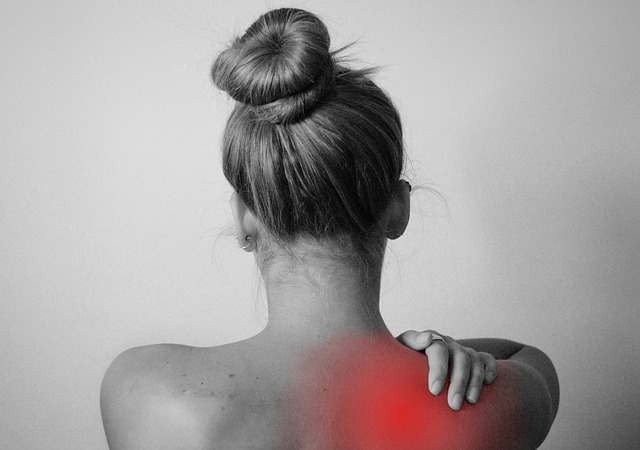Why your back hurts: there is something serious
 |
| Why your back hurts there is something serious |
Back pain is usually not something to worry about. Most of the time it is caused by poor posture, a muscle strain, or in the "worst" case, a herniated disc, but there are infinite possibilities that the pain will dissipate on its own, says Allen Chen, professor. Assistant Rehabilitation and Regenerative Medicine clinician at Columbia University in New York. If your pain has started recently, there is no need to even go to the doctor or take a pill; a massage, or frequent exercise or yoga, will immediately solve this problem. Sometimes these ailments are the body's way of telling us that something is happening, but there are times when it is telling us something else, it tells us that something is wrong and that there is another area of our body that is not working. The following red flags about your back pain are clues that you should see your doctor, according to Chen.
It's hard to pin down
Localizing the pain is very important, as you could have a heart attack, especially if it started in the chest and spread, according to the American Heart Association. If it is severe and appears suddenly you should see your doctor, and if it is accompanied by jaw pain, nausea, fatigue or shortness of breath, go to the emergency room.
Occurs at night
Most people who experience this pain at night can ease it by changing their posture and continuing to fall asleep. But if the search for a comfortable place becomes impossible, or the pain begins as soon as you lie between the sheets, you should go to the doctor. At worst, it could be a symptom of a spinal tumor, says Robert Silderman, author of the book "Inside-out Health."
You have lost control of your bladder
It is a rare disease. It occurs in one in every 33,000 people, but it can happen to you. Cauda equina syndrome is often caused by a herniated disc in the lumbar region that compresses the nerve roots at the end of the spinal cord. These nerves send messages to and from the bladder, intestines, and legs. If they remain tablets for a long time, it can cause irreversible damage. Immediate pressure relief surgery can prevent permanent damage and restore bladder and bowel function. "I've only seen it twice in a 24-year career, but if surgery isn't received on time, it can lead to paralysis, complete loss of bladder control, and sexual dysfunction," Chen says.
Recent Accidents
If you've recently had a stroke or suffer from osteoporosis, any back pain warrants a visit to your doctor for a check-up. You may have a spinal fracture, which can lead to loss of height, hunched posture, and even respiratory and digestive problems. You may need a brace, pain medication, rehabilitation, and in some cases even surgery to heal properly.
How is it treated?
In most cases, people with mild to moderate back pain can manage their symptoms with:
- Over-the-counter pain relievers, such as acetaminophen (such as Tylenol) and nonsteroidal anti-inflammatory drugs (such as Advil, Aleve, aspirin, and Motrin).
- Heat or ice.
- Exercise.
- Manual therapy, such as massage, mobilization, or manipulation of the spine.
But if your pain gets worse and you are having a hard time doing your daily activities, you may need to take a prescription pain reliever. Surgery is rarely used to treat upper and middle back pain.
How can you take care of yourself at home?
There are many things you can do at home to help reduce your pain. For instance:
Rest. If your back hurts a lot, take a break. But try not to let too much time pass to move again. Instead, go back to your activities slowly.
Use over-the-counter pain relievers, such as acetaminophen (such as Tylenol) and non-steroidal anti-inflammatory drugs (such as Advil, Aleve, aspirin, and Motrin). These can reduce pain and swelling. Be wise with medications. Read and follow all directions on the label.
Use a heating pad or an ice pack. Heat can reduce pain and stiffness. Ice can help reduce pain and swelling.
Workout. Exercises that stretch and strengthen your back, shoulder, and stomach muscles can help improve posture, lower your chances of injury, and reduce pain.
Practice good posture. Make sure you sit or stand in an upright posture. Don't slump or stoop.
Learn ways to reduce stress. You could try deep breathing and relaxation exercises or meditation.




.jpg)








0 comments:
Post a Comment